Planning permission is only required if work being carried out meets the statutory definition of ‘development’, as set out in section 55 of the Town and Country Planning Act 1990 (as amended).
A planning application is the process by which planning permission for a proposed development is usually sought, typically from the local planning authority (LPA). Some development does not necessarily require an application for planning permission as it may be minor and constitute permitted development (see In plain English: Permitted development) or be granted by another means, such as a Local Development Order.
The main types of planning and related applications are summarised below. In addition, there are other applications such as listed building consent, advertisement consent and consents relating to Tree Preservation Orders.
HOUSEHOLDER APPLICATION
As the name suggests, these are typically small applications for alterations to a single dwellinghouse including things like extensions, conservatories, loft conversions and outbuildings.
OUTLINE PLANNING APPLICATION
These applications seek to establish the principle of the proposed development but do not include full details. Outline planning applications may consider any of five matters: access, appearance, landscaping, layout and scale. An outline planning permission must be followed by an application for the approval of reserved matters for any matters not considered at outline stage before development can commence.
HYBRID PLANNING APPLICATION
A hybrid planning application may seek outline planning permission for one part of a site and full planning permission for another part of the same site under a single application. Hybrid applications are not defined in statute and as such it is the LPA’s discretion whether to accept such an application. They are often used on major developments to enable work to start sooner on one part (or phase) of the site before the full details of the other part(s) are known.
APPROVAL OF RESERVED MATTERS
Following the grant of outline planning permission, an application for the approval of reserved matters must be submitted to provide the details on matters not considered at outline stage. An outline planning permission plus reserved matters approval combine to provide the same level of detail as a full planning permission. The approval of reserved matters can be dealt with under one or more separate applications.
DISCHARGE OF CONDITION
Most planning permissions are granted subject to conditions (see In plain English: Planning conditions), covering a wide range of matters. Where a condition requires the submission of further details to the LPA, an application to discharge the condition is required. Conditions will be subject to different time requirements (for example, prior to development commencing or prior to first occupation) and these must be satisfied.
VARIATION/REMOVAL OF CONDITION
An application can be submitted to vary or remove a condition imposed on an earlier grant of planning permission and will be required to demonstrate adequate justification for the change. Such an application cannot be used to change the description of the development and, in England, cannot be used to extend the time limit within which a development must be started or an application for approval of reserved matters made.
If granted, the outcome will be a new planning permission for the same development as previously permitted subject to the new or amended condition(s) plus all of the unaffected conditions imposed on earlier permission. If the original permission was subject to a planning obligation then this may need to be the subject of a deed of variation (see In plain English: Planning obligations).
NON-MATERIAL AMENDMENT AND MINOR MATERIAL AMENDMENT
Following a grant of planning permission, it is possible to make amendments to planning permissions without requiring a new planning permission. There are two main mechanisms to achieve this. A Non-Material Amendment (NMA) application can be submitted to make changes that are not considered material to the development and a Minor Material Amendment (MMA) application can be submitted if the changes are material but the impact is considered minor.
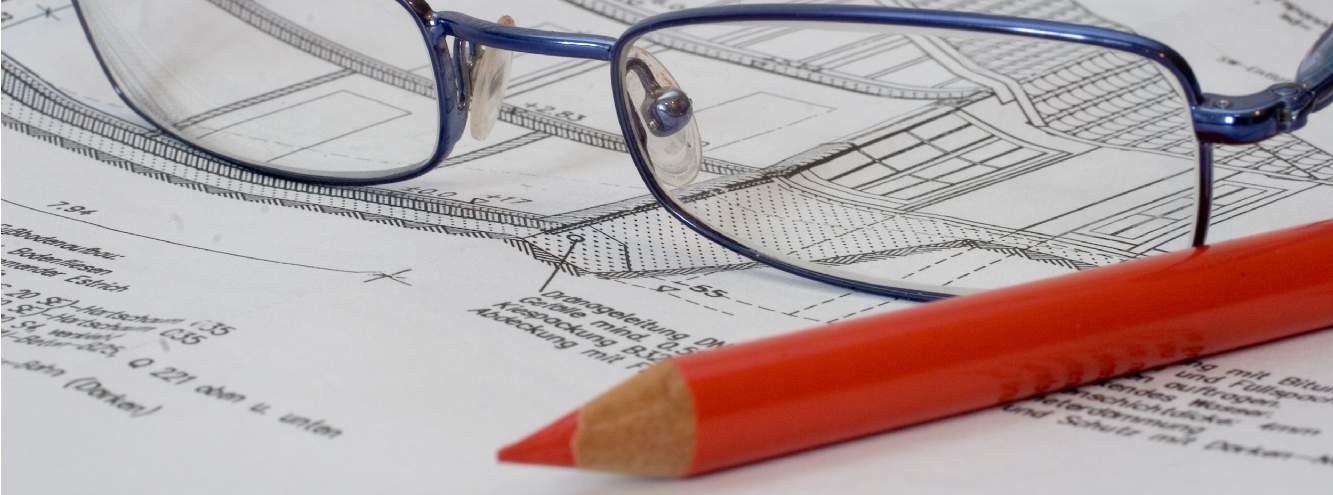
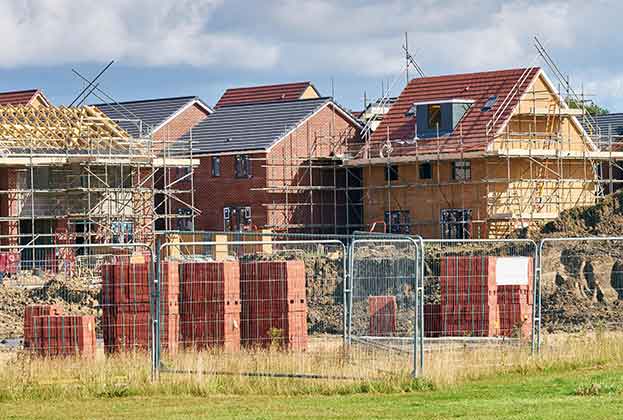
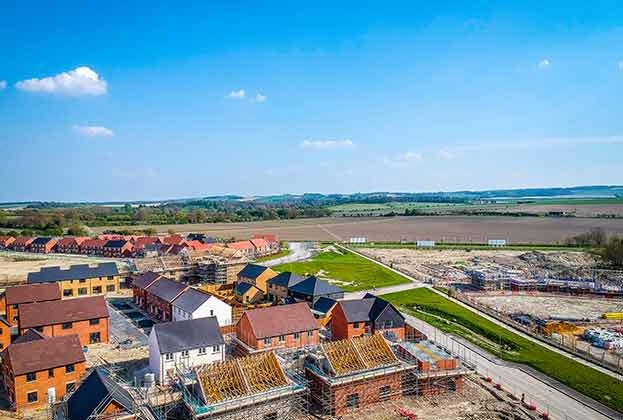
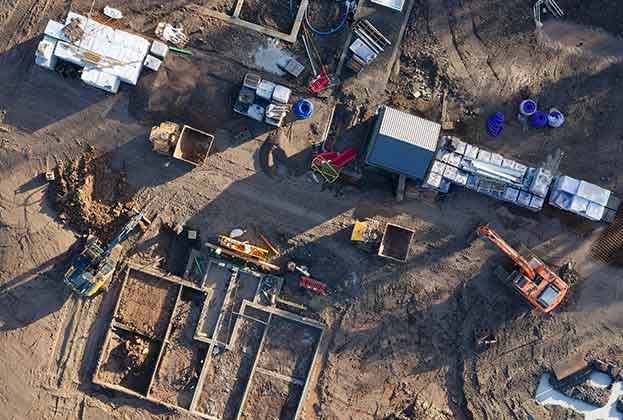
.jpg)
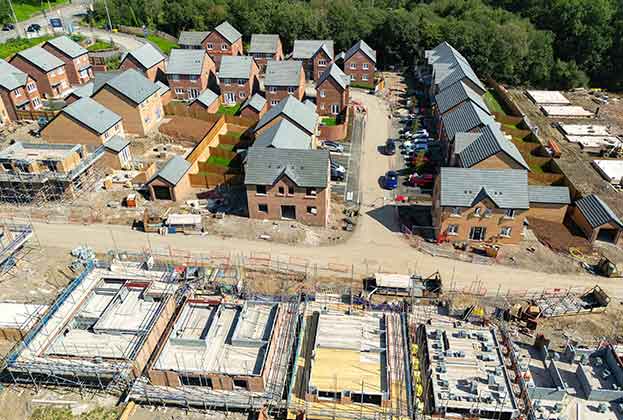

.jpg)

.jpg)
